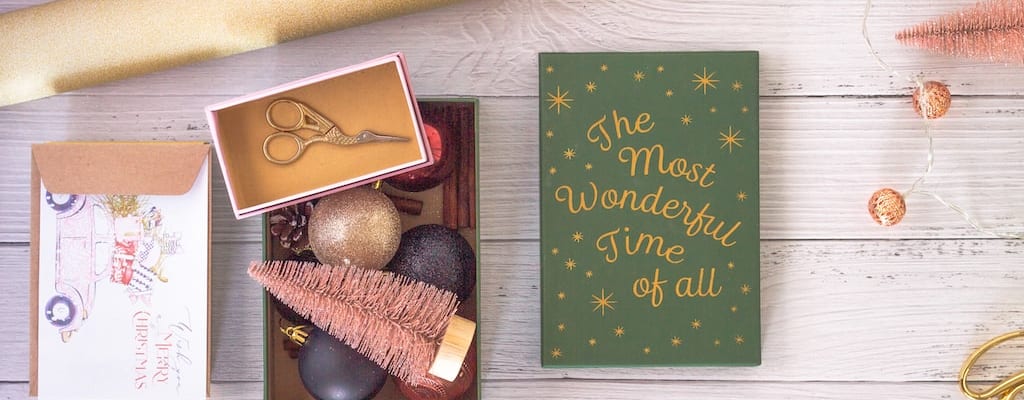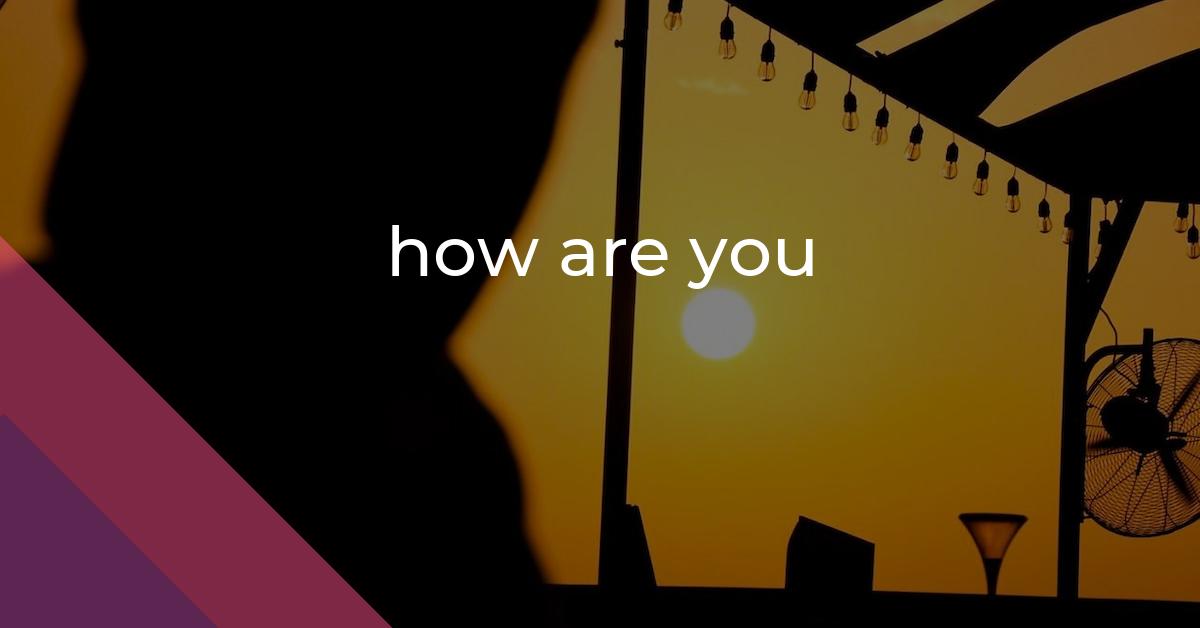how are you: Idiom Meaning and Origin
What does ‘how are you’ mean?
The idiom "how are you" is a common greeting asking about one's well-being or state. It is often used as a polite social interaction and does not typically require an in-depth response.

Idiom Explorer
The idiom "kind regards" is commonly used to express warm or friendly feelings towards someone, typically at the end of a written communication.
The idiom "it's all good" is used to express that everything is okay or there are no problems. It is often used to reassure others or to indicate that there is no reason to be worried or concerned.
"How's tricks" is an informal phrase used to ask someone how they are doing or what they have been up to. It originated in the early 20th century from the world of entertainment, specifically referring to the tricks or performances of magicians or other performers.
The idiom "how's the weather" is used figuratively to ask about someone's current mood or emotional state.
It implies a casual inquiry into how someone is feeling or what their general disposition is like at the moment.
The idiom "how so" is used to inquire about or challenge a statement by asking for further explanation or evidence of its validity.
The idiom "how goes it" is a casual way to ask about someone's well-being or inquire about the progress of a specific situation.
The idiom "here you go" is used when giving something to someone. It implies a gesture of offering or presenting an item or information to another person.
The idiom "have a good time" means to enjoy oneself or to have an enjoyable experience.
The idiom "have a good one" is a casual way of saying "have a good day" or "have a good time." It is often used as a friendly farewell or a way to wish someone well.
The Intricate Inquiry
While the idiom "how are you" may seem like a simple greeting, it carries various meanings and implications in American culture. This article will delve into the origins and usage of this commonly heard phrase, shedding light on its nuances and significance.
One interesting aspect of this idiom is its cultural significance. In the United States, asking "how are you" is often seen as an expression of politeness and concern for the welfare of others. It is a way to show basic manners and acknowledge the presence of someone else. However, it is crucial to recognize that the phrase is commonly used in a superficial manner and does not necessarily elicit or expect a deep emotional response.
When someone asks "how are you," it is typically meant as a social pleasantry rather than a genuine inquiry into one's well-being. In most cases, a polite response would be something along the lines of "I'm fine, thank you." The exchange is usually brief, with both parties acknowledging the greeting without expecting a detailed answer.
Understanding the use of "how are you" also requires an examination of cultural expectations. In American society, there is a general expectation for individuals to respond positively to this greeting, regardless of their actual emotional state. This practice stems from the desire to maintain a positive atmosphere and avoid burdening others with personal problems in casual encounters. Consequently, responses like "I'm good" or "I'm great" are often used as default answers, even if they do not reflect the person's true feelings.
It is worth noting that "how are you" can also be used as a form of small talk, providing an opportunity for individuals to engage in a brief conversation. This usage is commonly observed in informal settings, such as among friends or acquaintances. In these contexts, people may choose to share more about their current state or engage in further discussion, depending on the situation.
One idiomatic expression related to "how are you" is "how goes it." This phrase is often used informally as a way to ask about someone's general well-being or how things are going in their life. It is similar to "how are you" in that it serves as a casual greeting and does not require a detailed response. For example, one might say, "Hey, John! Long time no see. How goes it?"
Another related idiom is "how's the weather." While this may seem unrelated, it is often used as a conversation starter or a light-hearted way to engage in small talk. It provides an opportunity for individuals to go beyond a simple greeting and discuss a common topic, such as the current weather conditions. For instance, someone might say, "Hi, Sarah! How's the weather over there? It's been raining non-stop here."
Similarly, "how's tricks" is another idiom that is related to "how are you." It is a playful and informal way of asking someone how they're doing or what's new in their life. It can be used among friends or acquaintances to initiate a light-hearted conversation. For example, one might say, "Hey, Mike! Long time no see. How's tricks? Anything exciting happening lately?"
Lastly, "how so" is another phrase that is connected to "how are you." It is often used to ask for an explanation or clarification about something that has been said. While it is not used as a greeting or a way to inquire about one's well-being, it shares the common use of the word "how." For instance, if someone were to make a statement like, "I think she did it on purpose," someone else might respond with, "How so? Can you explain your reasoning behind that?"
While the idiom "how are you" is a commonplace greeting, it carries subtleties and connotations that are deeply ingrained in American culture. From its historical origins to its cultural significance, it serves as a reflection of societal values and expectations. The phrase, though it may appear simple at first glance, offers a glimpse into the intricacies of social interactions and the unspoken rules of politeness. By exploring the idiom, we gain insight into how language shapes our daily interactions and the importance of understanding the nuances behind seemingly ordinary expressions.
Example usage
Examples of how the idiom "how are you" can be used in a sentence:
- "Hey John, how are you?"
- "I ran into my old friend yesterday, and we caught up by asking each other how are you."
- "When someone asks how are you, it is often just a polite greeting rather than a genuine inquiry."
More "Greetings" idioms



